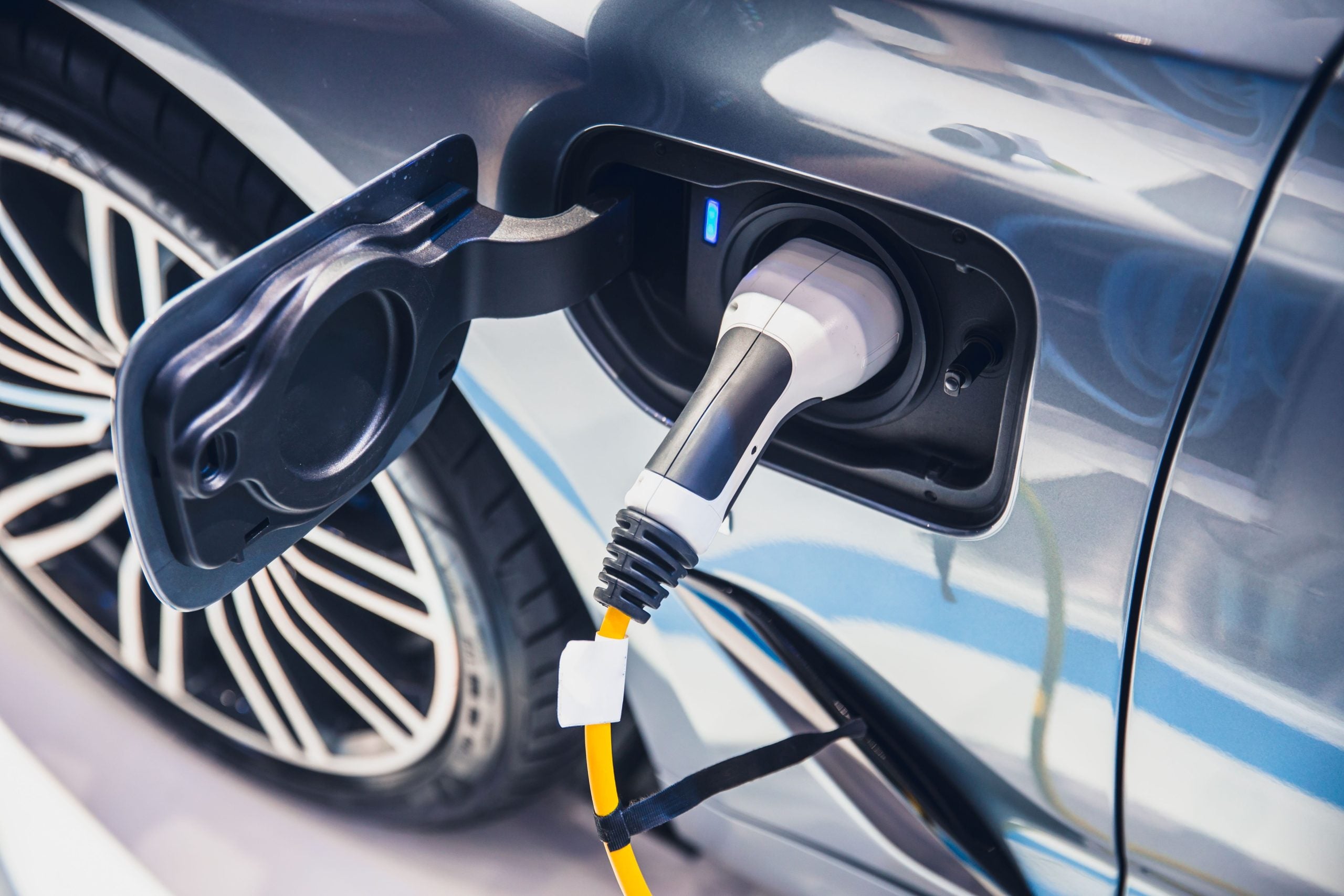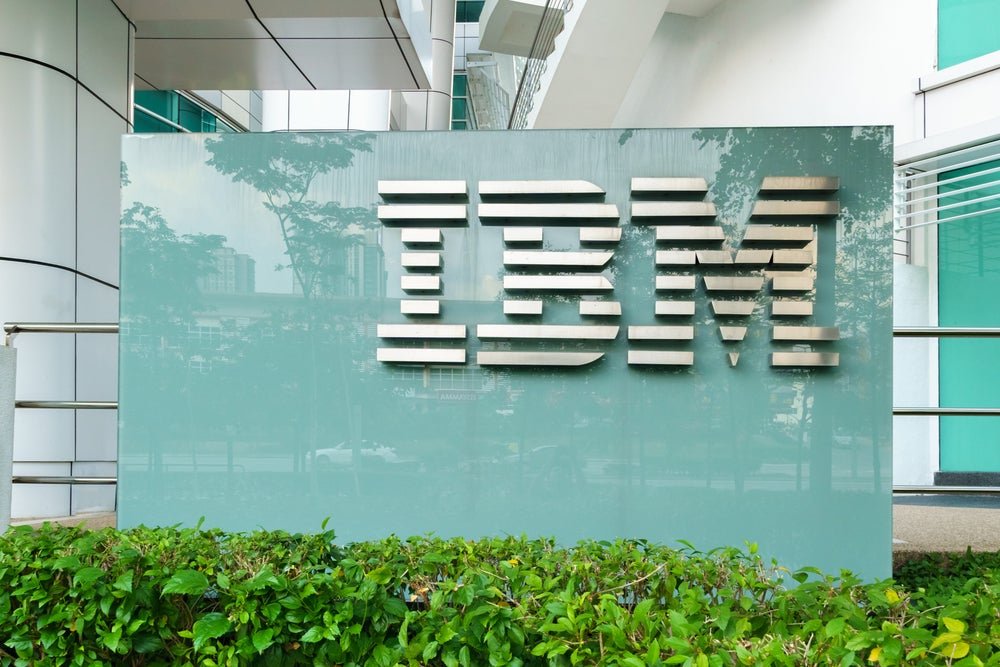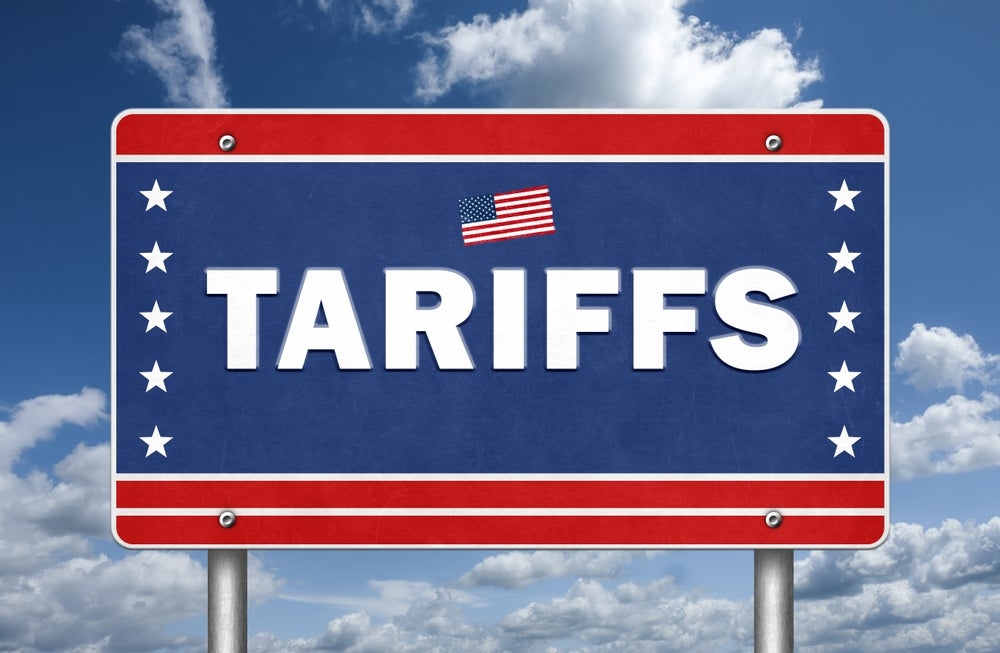
The European Commission launched an anti-subsidy investigation on Wednesday to determine whether to impose punitive tariffs on cheaper Chinese electric vehicle imports which are threatening European Union manufacturers.
The Commission will evaluate, for up to 13 months, whether to levy tariffs above the current EU standard for cars of 10%.
“Global markets are now flooded with cheaper Chinese electric cars. And their price is kept artificially low by huge state subsidies. This is distorting our market,” European Commission President Ursula von der Leyen said in her annual address.
The investigation comes after last week’s IAA Mobility 2023 conference in Munich which saw the number of Chinese EV companies double from the previous year.
In a statement, the Chinese Chamber of Commerce to the EU stressed it was opposed to the investigation and urged the Commission to be objective.
Data from the China Passenger Car Association (CPCA) shows China’s auto exports increased 31% in August as Chinese EV manufacturers, such as BYD and Nio, seek to diversify by expanding overseas amid growing domestic competition.
China is the global leader in producing EV batteries, thanks to its control over the supply chain and access to raw materials such as lithium and cobalt.
Chinese EV manufacturers also benefit from domestic government subsidies, tax breaks and other incentives
The EU Commission said that China‘s share of the European EV market has risen to 8% and could reach as high as 15% in 2025.
Germany’s automotive industry is heavily dependent on China for sales. The EU investigation has sparked fears among German manufacturers of retaliatory measures from China with Germany’s VDA auto association urging the EU to consider the potential backlash.
South Korea’s automotive sector has faced similar problems with the EU. In early September, when the Korea International Trade Association (KITA) and Korea Business Association Europe said the French government’s newly drafted subsidies package likely discriminates against vehicles produced in South Korea.
China is also embroiled in a price war with US company Tesla. Earlier this month, after revealing a refresh of its Model 3, Tesla Inc. cut the price of its Model S and X cars in a bid to boost sales.
Tesla has been embroiled in a price war with Chinese competitor BYD for the last several months.
BYD, an auto manufacturer that makes batteries in-house, held the second-largest global EV market share with 16.2% in Q1, according to GlobalData.
The price war began in January when Tesla cut prices in China, which prompted several auto manufacturers to follow suit to stay competitive.







